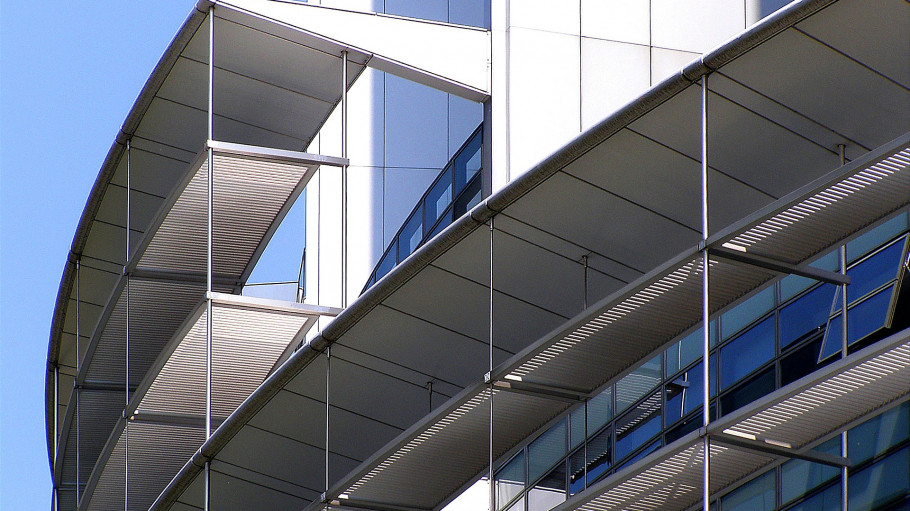
News » Revised EU ETS state aid guidelines published
Revised EU ETS state aid guidelines published
Recent updates

The European Commission published, on 21 September 2020, its revision of the EU ETS State Aid guidelines for the compensation of indirect carbon costs for the period 2021-2030. These revised guidelines are designed to support sectors that, like steel, are most at risk of carbon leakage.
The publication follows the recent Commission’s proposal on increasing the 2030 climate targets. In the absence of comparable efforts by trading partners, it is important to develop a strengthened framework of measures to address the risk of carbon leakage, with benchmark-based free allocation and indirect costs compensation, as well as an effective carbon border adjustment mechanism
Compensation for indirect costs incurred by the steel industry is an essential measure to mitigate the risk of carbon leakage due to the carbon costs passed on to the steel sector from the energy sector.
EUROFER has the following overall perspective on the revision:
The European steel sector is committed to emissions reduction, and compensation for indirect carbon costs forms an essential part of the policy framework necessary to ensure that the sector can continue to decarbonise whilst remaining globally competitive.
Brussels, 26 February 2026 — Europe’s steel industry has warned that the current draft Industrial Accelerator Act could direct public support for low-carbon steel to producers outside the European Union, unless lawmakers include and tighten ‘Made in Europe’ provisions.
Brussels, 24 February 2026 - Europe’s energy-intensive industries have set out a series of proposals to ensure that the EU’s upcoming Electrification Action Plan delivers on its objectives to stimulate and boost electricity consumption in industry. In a joint position paper, industries warn that persistently high electricity prices risk undermining industrial competitiveness and decarbonisation efforts. They call for a policy framework that will enable EU industry in pursuing decarbonisation and industrial competitiveness.
Energy-intensive industries (EIIs) provide direct employment to around 2.6 million people in the EU and represent the foundations of critical and strategic value chains for the EU economy and society. The current economic and energy outlook of the European Union is making investments in electrification and the continued business operation of our sectors at serious risk, should the energy-cost challenge not be solved.